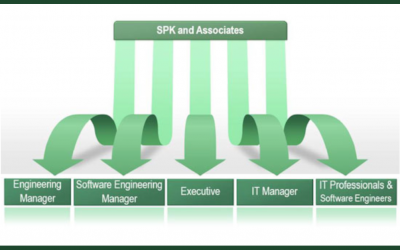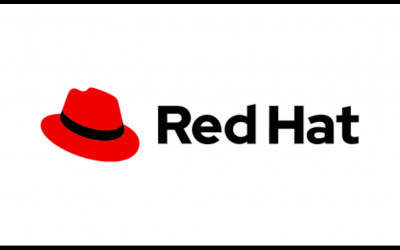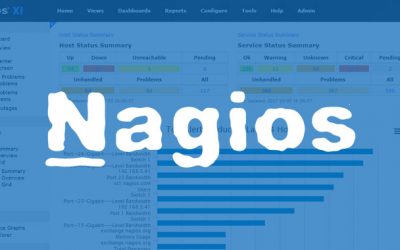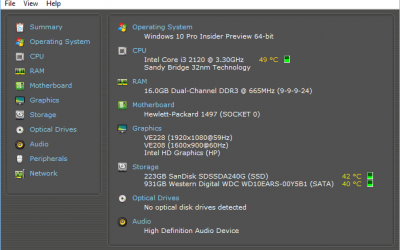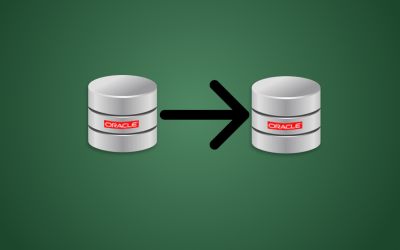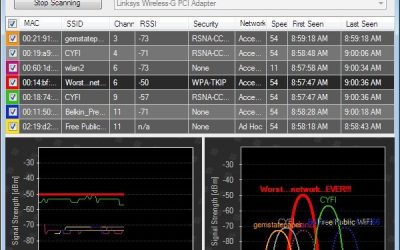Occasionally I’ll get a comment from a potential client who is particularly price sensitive about the rates for our consultants, and the comment usually goes something like: “I can hire a full-time employee who would cost me a lot less than what you are going to...
Infrastructure
Deploying IPv6 on a Cisco IOS router with a Tunnel Broker
The time has finally come! Just a few days ago, major internet companies participated in IPv6 Launch Day – meaning from this point forward, they will be running their production systems and making their services available to you via the IPv6 in addition to IPv4....
Gain Greater Control Over Windows Disk Defragmentation with Defraggler
This week we have a look at an alternative to Windows Disk Defragmenter. Piriform has a number of Windows utility offerings, among which is Defraggler. Defraggler has the following capabilities, a number of which are not available with the Windows default utility. 1....
Setting up Web metrics with Webalizer
When managing websites, it's important to have metrics on the site for both admin and content owners. One of the easiest ways to do this is Webalizer. It is a free tool that uses the Apache access log to provide a graphical presentation of usage. Attached is a quick...
How to add more disk space to your Redhat server without reformatting
One of the common tasks for any system administrator is managing disk space on a server. It doesn't matter what operating system the server is running, free disk space is always something you keep an eye on. I won't go into a boring lecture on why managing disk space...
Outsource Your System Administration to Set Your Engineers Free
The inquisitive nature of engineers, which makes them so good at designing, developing and building products, can also lead them to become distracted by other “interesting things” like managing the very systems and tools that allow them to do their engineering....
Creating a Custom Nagios Plugin
Nagios is an invaluable tool to help monitor a customer's infrastructure. Last year, I explained how easy it was to be able to integrate Network Appliance health checks. In fact, Nagios provides a plethora of out of the box plugins. Additional plugins are available...
In Celebration of IPv6
On June 8th of last year, an event known as World IPv6 Day was celebrated. Well, “celebrated” might carry a little too much emphasis – perhaps instead, World IPv6 Day was observed. And what did you do to celebrate this observance of the future? Well, if you are like...
Using Speccy to Understand What’s Inside Your Computer
This week we’d like to cover a tool that assists with understanding what is actually in that desktop or laptop you work with. Most of us know in lesser or greater detail that there is a CPU, some random access memory (RAM) a hard disk drive (HDD), various peripherals...
How to Obtain Electric Commander Metrics for Use in a GWT Plugin
Developed by Electric Cloud, Electric Commander is an extremely versatile tool for enhancing and automating your organization’s software development build-test-deploy cycle. Commander makes it possible to eliminate unnecessary lag time between phases of the...
Oracle Database Cloning Made Easy
As a systems integrator, I spend my time behind a variety of applications every day. Each of these applications stores its data in some type of database. The most common databases I deal with are typically MySQL, Oracle, DB2, Postgres, and MS SQL Server. As such,...
Using inSSIDer to be a good wireless neighbor
Have you ever noticed that the wireless neighborhood is seemingly always located in the bad part of town? This is especially true in the crowded wasteland of the 2400 block of Megahertz Ave. Where might you find this undesirable neighborhood? Unfortunately, the answer...


